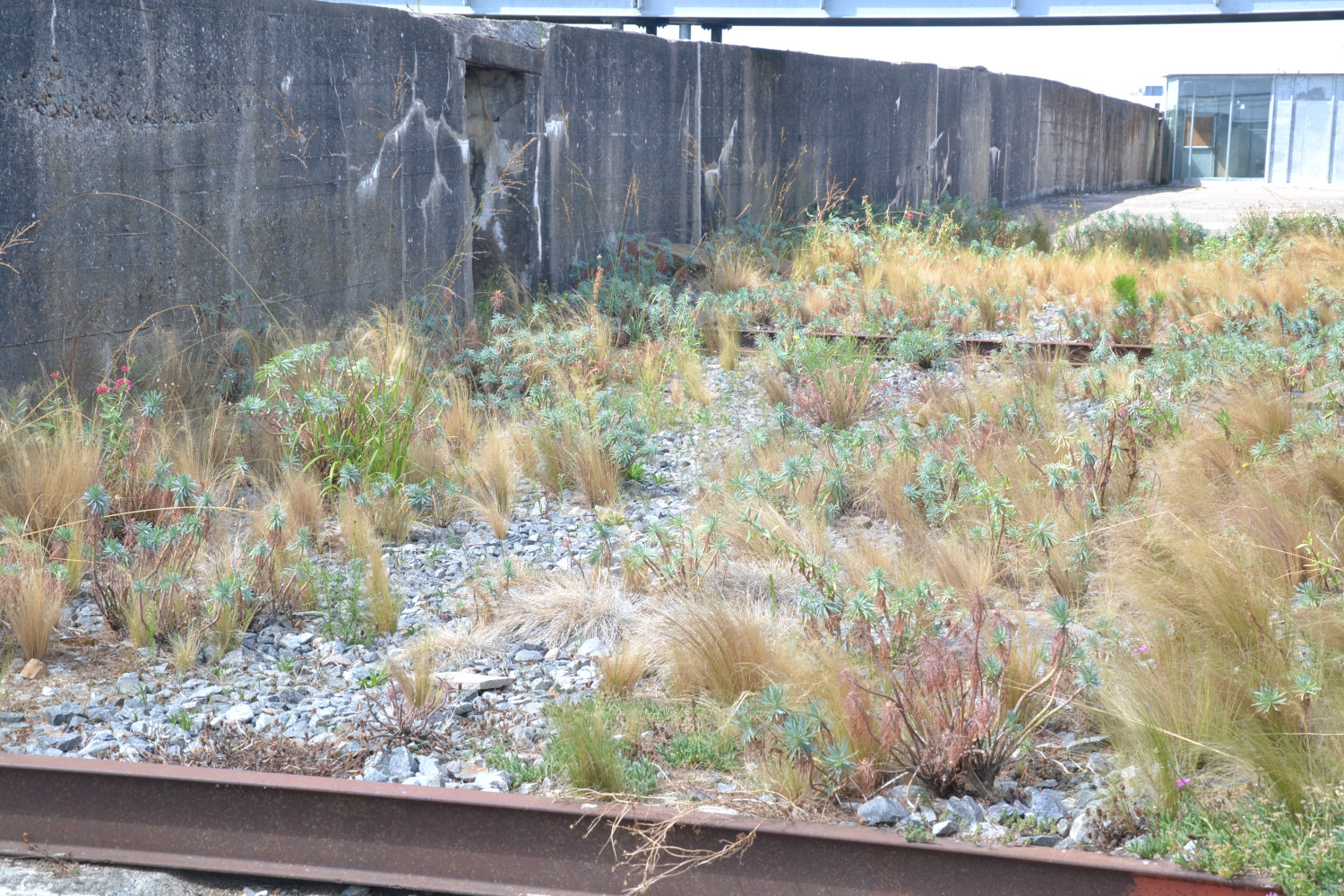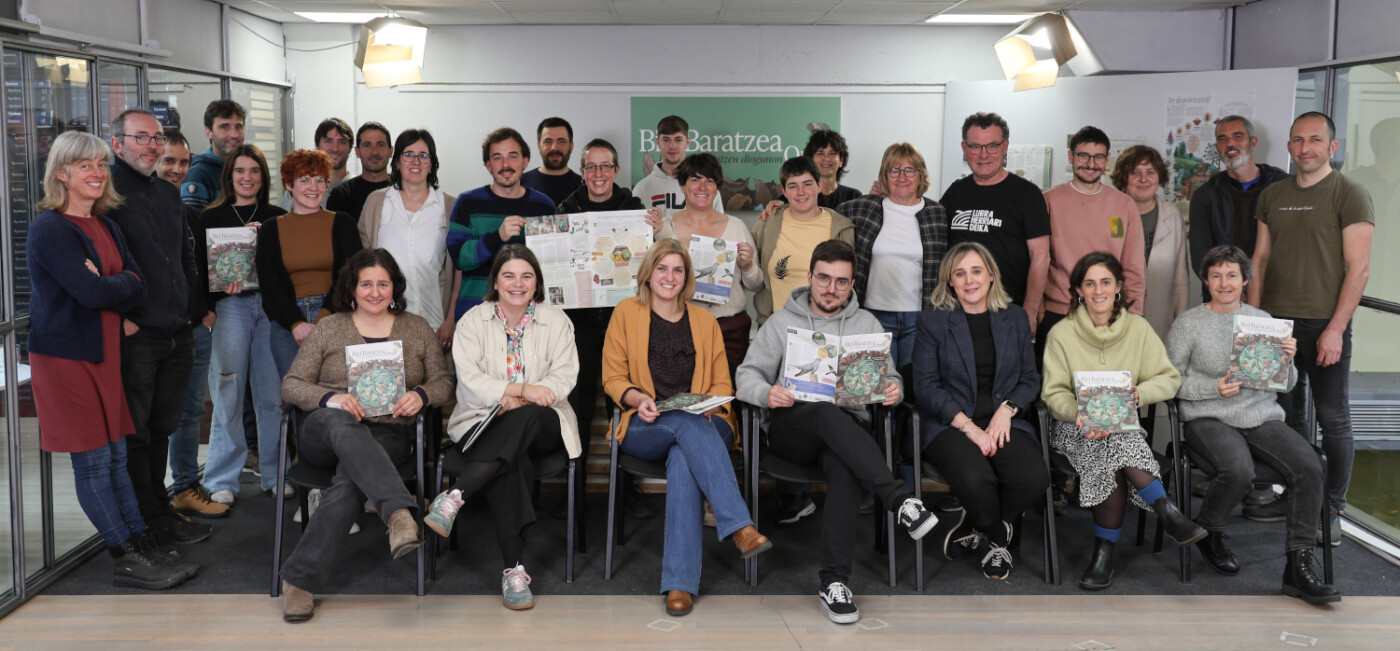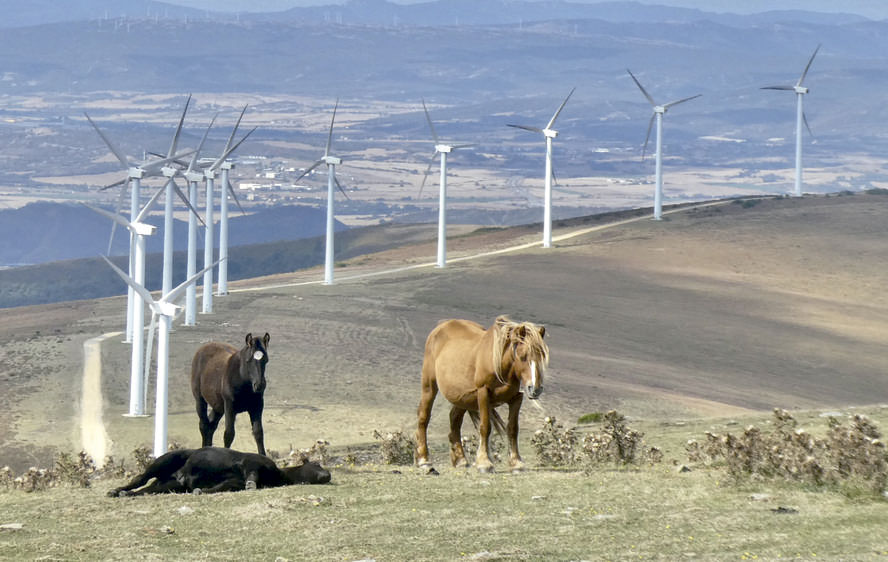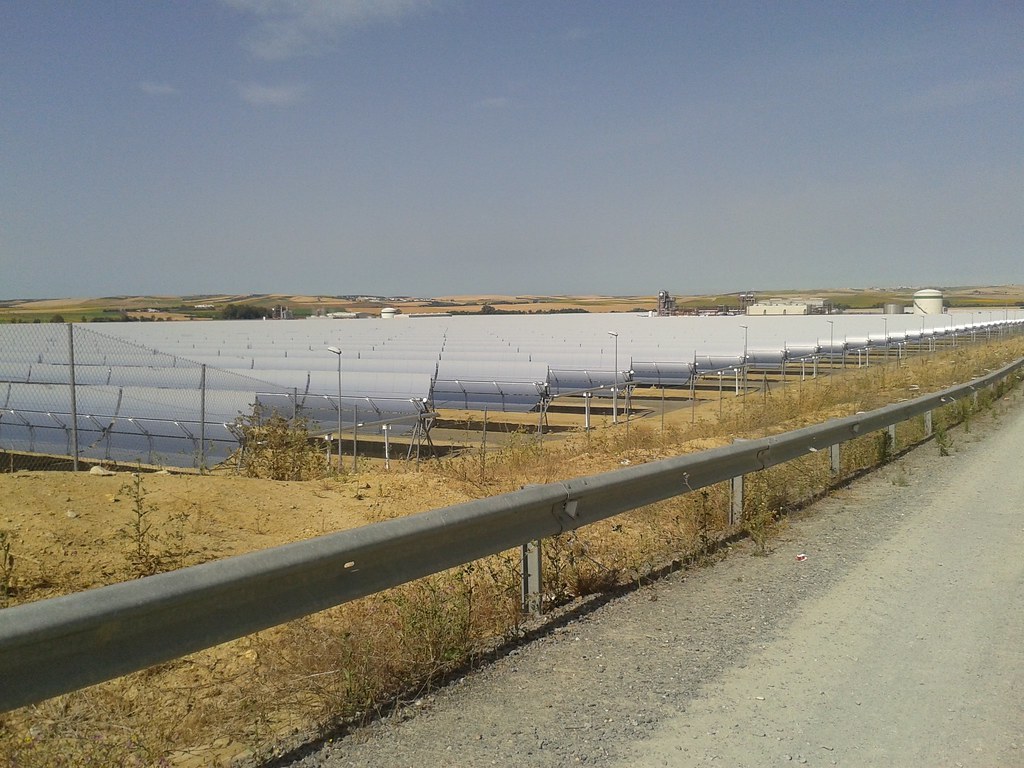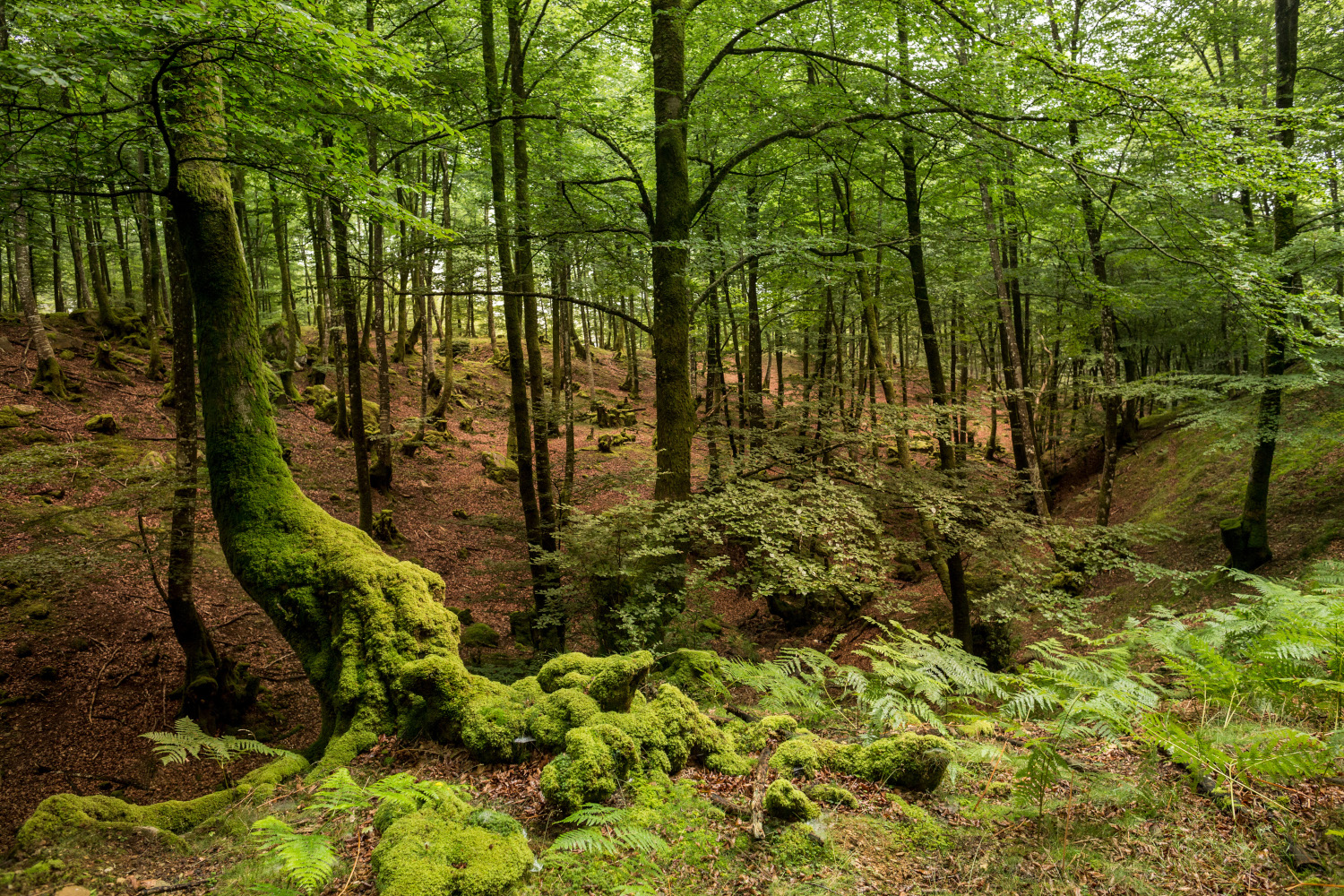The pollution of ski resort festivals reaches its peak
- The lack of snow has placed many ski resorts in adverse weather conditions, due to the climate emergency. But the logic of some to make the most of the economic benefits of landscape and nature is still there, and the tendency of recent years is to organize large and expensive music festivals in the high mountains. The Alpe d`Huez Tomorrowland Winter festival will beat all the audience records: 22,000 people at 3,300 meters, to pay tribute to the absurdity.

On 12 December, at the entrance to the beautiful 19th century hotel, the seat of Isère Prefecture, in Grenoble, about 30 activists met at night, with lights, drums and banners in their hands, to send a large letter to Prefect Catherine Séguin. They didn't, but in return, they left him a smaller letter in the mailbox to ask for a meeting. “From a concentration before the prefecture, to a batukada or to a techno-bafle, there is only one step!” they said in the message broadcast in Mastodon.
Stop Tomorrowland were part of the Alpe d’Huez collective, and this is not the first time such a protest has been made. The musical festival Tomorrowland Winter will be held between 15 and 22 March 2025 in this alpine village, known for being the mythical goal of the Tour or for having a major ski resort.
The Tomorrowland festival, held in Belgium, has become the largest event of this kind in the world and reaches 400,000 viewers. For five years, when the 2020 pandemic was not celebrated, his winter twin brother has been created in Alpe d’Huez, and they look forward to bringing together next year 22,000 wealthy skiers around the world to dance between the snowy peaks of the most famous DJs, as they ride with red champagne.
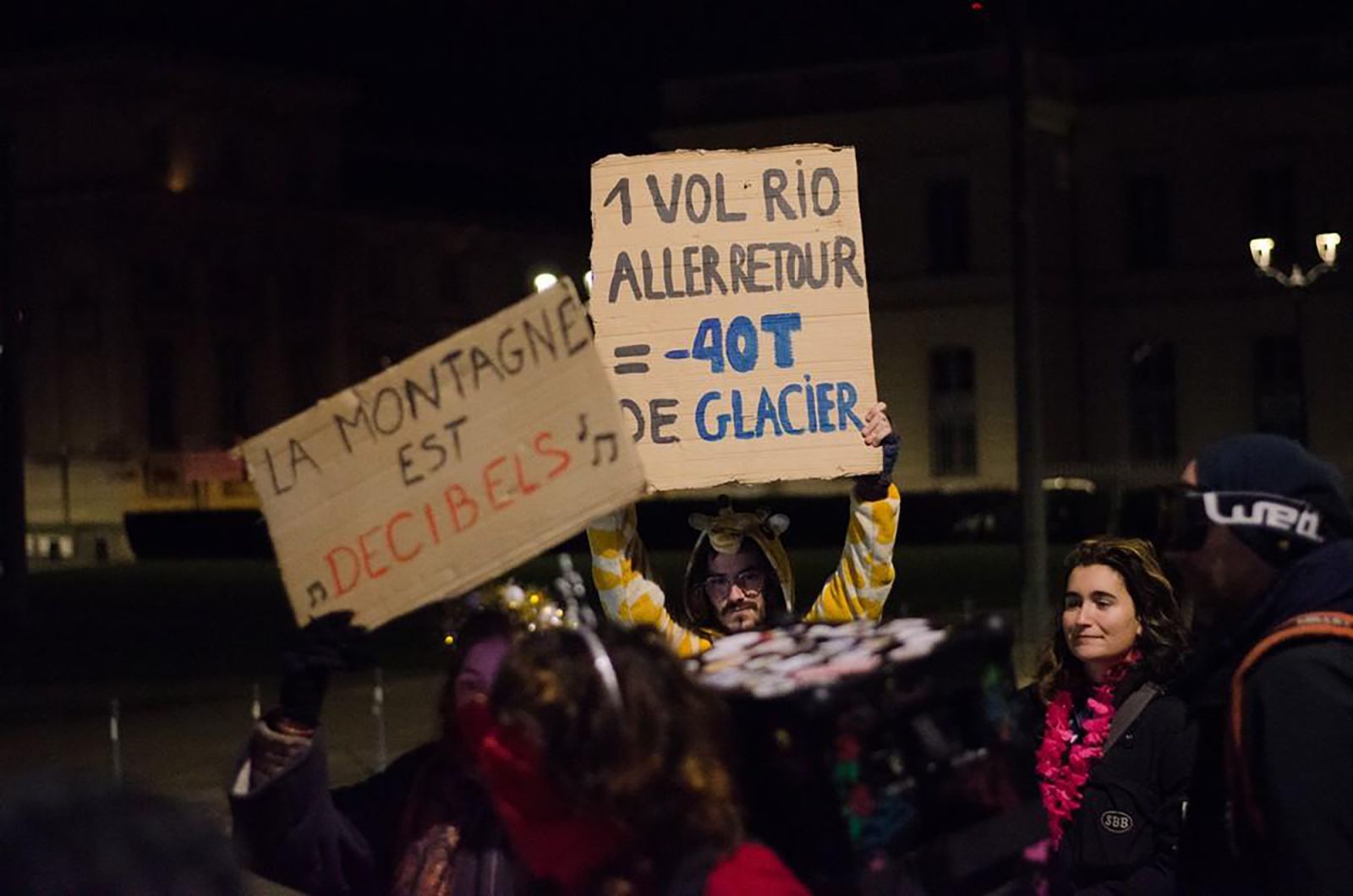
This disproportionate excess will generate a “scandalous carbon footprint”, according to a calculation by the Extinction Rebellion movement: flights that will be used exclusively to attend the festival, where 60% of participants are from another country, will generate 6,000 tons of CO2, as well as tremendous light and sound pollution. “They will turn the mountain into Disneyland,” this movement says.
All of this we have read in the Reporter 22,000 personnes en pleine montagne published by Jeanne Cassard: le festival Tomorrowland Winter est-il légal? (22,000 people in the middle of the mountain: Is Tomorrowland Winter legal?) Article 1. According to the author, members of the collective Stop Tomorrowland Alpe d’Huez want the prefecture to stop the festival. In its view, the agreement signed with the tourism company of Alpe d’Huez for the festival to be held until 2030 does not comply with the public procurement law, among other things because they have left out the environmental protection clauses.
The anti-Tomorrow Winter say that Alpe d’Huez doesn’t need “super benefits” from the festival, and that what is achieved is coupling the place with such expensive events, instead of the Tour de France
Each year there are ten great venues for the festival, one of them, covered and heated, with capacity for 10,000 people, and another one located at the top of the Pic Blanc, at 3,300 meters. All these gigantic facilities are located less than half a kilometer from Écrins National Park. One of the issues of major concern to ecologists is the possible impact of noise pollution on the fauna of Écrins. For example, a bird called lagopus lives there from the last glacier and is threatened, as it has neither camouflaged nor snowy.
The collective Stop Tomorrowland considers that the festival’s cessation is also a matter of climate and social justice. According to data provided by Le Monde, the average cost of the full package to participate in the festival is 7,000 euros: “Only a small part of the population can afford that,” the wealthiest say on their website.
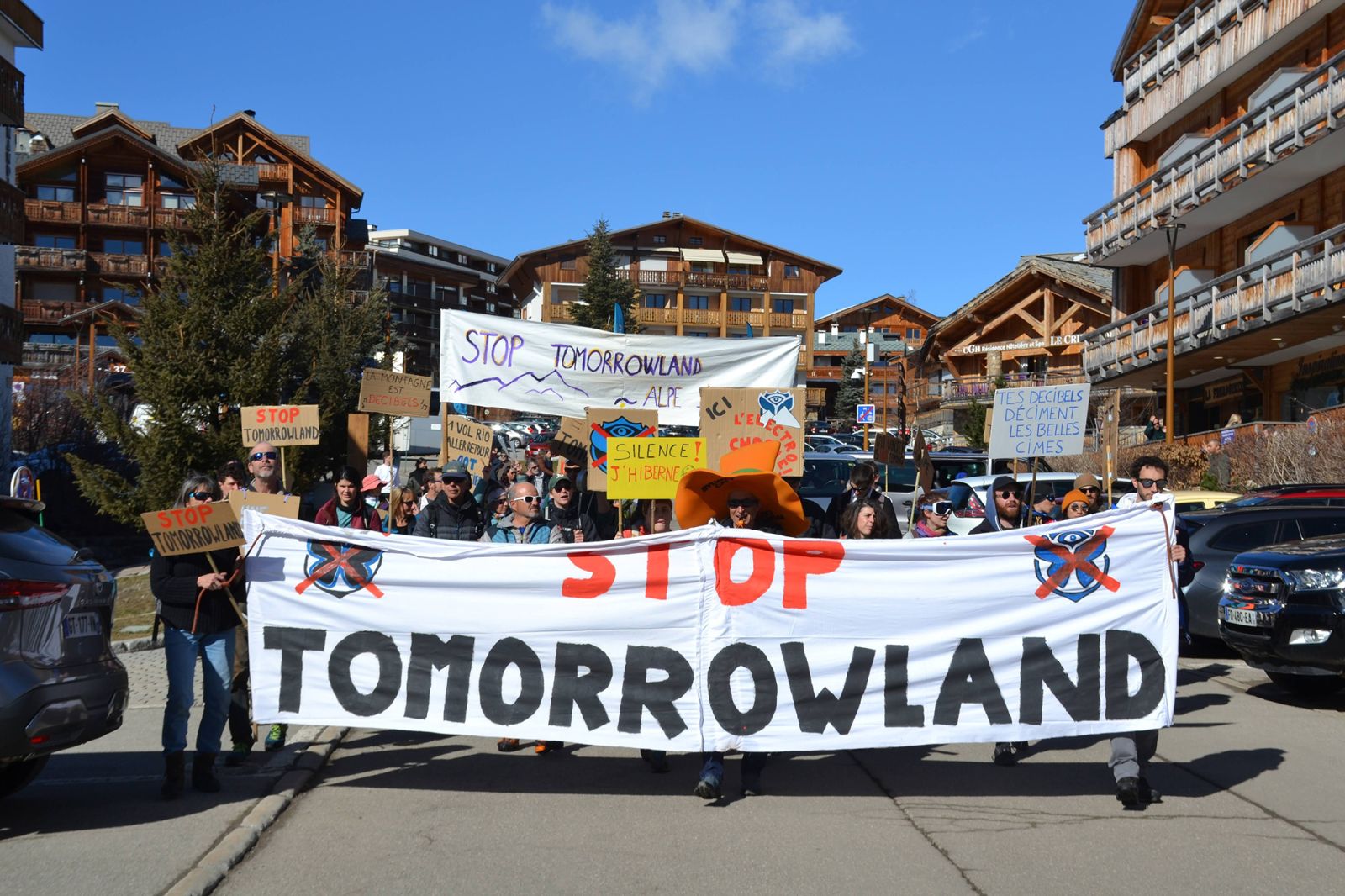
Regarding the alleged benefits that the festival will bring to the local economy, Extinction Rebellion points out that a station as well known and significant as Alpe d’Huez does not need these “super benefits”, as some media have described, and what it is getting is to link the image of the station with a festival as expensive as the Tomorrowland Winter, but the Tour de France. They have therefore claimed that it is unfeasible to fill the country “with international customers bringing tons of CO2 in their bag”.
Lost winter, money earned
We will end 2024 with a sad record: for the first time the increase in temperature will exceed 1.5°C. The Pyrenees, the Alps and similar mountain ranges in Europe are further noticing the effects of climate change, and Alpe d’Huez is no exception: scientists have this year held a farewell funeral at the Sarenne Glacier, on its hillside, for global warming that has left in no way an area of 124 hectares that it had a century ago.
Winter has lost on average eight days a year in the countries of the Global North in the last decade, especially in Europe. This is stated in the latest report by the NGO Climate Crisis, Lost Winter. And that, of course, is also noticeable on the way to the ski resorts, with a lack of snow.
With the fall in snow days and the economic losses suffered, new business lines have been opened for those who have invested money in ski resorts. One of them is to organize musical festivals “in the midst of nature”
The most paradigmatic example is the use of snowmaking. In Catalonia, for example, La Bolsa, in his report Salvando l’ski a canonades (Saving Canyon Skiing), explains that in Grandvalira, Baqueira Beret and other major resorts use hundreds of guns to create fake snow and cover more than 60% of the ski slopes unsustainably. In the French Alps, Courchevel Station has been the subject of a trail for the use of running water in the area to produce artificial snow.
With the fall in snow days and the economic losses suffered, new business lines have been opened for those who have invested money in ski resorts. One of them is the organization of musical festivals "in the midst of nature": The Grandvaliran Hibernation Festival of Andorra, the Unilimited Chamonix Festival of France, the Tomorrowland Winter by Alpe d'Huez...
.jpg)
And the southern European resorts, which have become virtually non-viable for skiing, have also begun to remodel as a mountain resort to offer these kinds of events. The magazine El Ecologista de Ekologistak Martxan summarizes in an article by La Pinilla, all for pasta, or how to destroy the sierra (La Pinilla, all for money, or how to spoil the sierra) the case of this station of Segovia, an hour and a half from Madrid, by car.
A group of entrepreneurs, in addition to the "adventure" activities, including quad and motorcycle racing, have organized concerts, the last in September, an exclusive electronic music festival called Zamna. The environmental group warns that concerts at high altitude generate, in particular, high noise and light pollution. But the problem is that there are people who only measure their level of satisfaction in decibels.
Today’s Venice is built on an archipelago of 118 islands. These islands are connected by 455 bridges. The city is based on mud rather than Lura. Millions of trees in the area were cut down from the 9th century onwards to build piles and cement the city. Years have passed and... [+]
Lehengai anitzekin papera egitea dute urteroko erronka Tolosako Lanbide Heziketako Paper Eskolako ikasleek: platano azalekin, orburuekin, lastoarekin, iratzearekin nahiz bakero zaharrekin egin dituzte probak azken urteotan. Aurtengoan, pilota eskoletan kiloka pilatzen den... [+]











